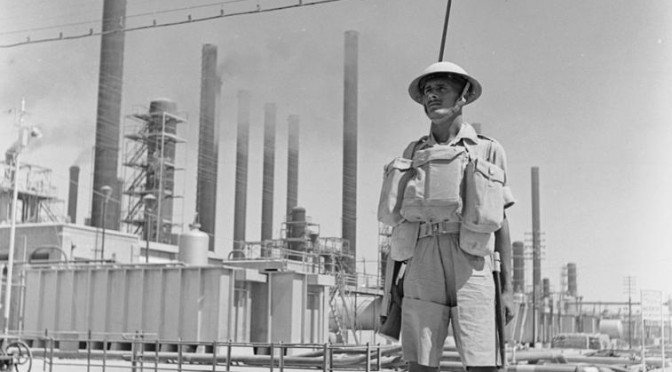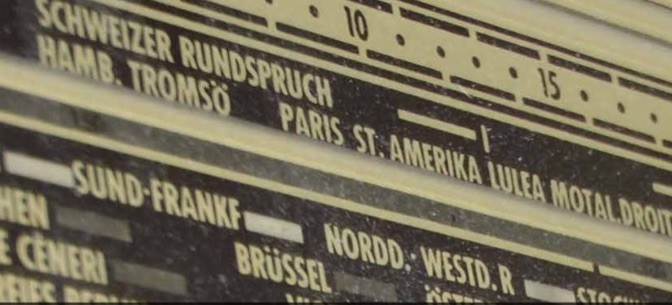by Diya Gupta, PhD researcher, Department of English
Two-and-a-half million men from undivided India served the British during the Second World War. Their experiences are little remembered today, neither in the UK where a Eurocentric memory of the war dominates, nor in South Asia, which privileges nationalist histories of independence from the British Empire. And yet military censorship reports from the Second World War, archived at the British Library’s India Office Records and containing extracts from Indian soldiers’ letters home, bear witness to this counter-narrative. What was it like fighting for the British at a time when the struggle for India’s freedom from British rule was at its most incendiary?
Extracts from these letters, exchanged between the Indian home front and international battlefronts during the Second World War, become textual connectors linking the farthest corners of the Empire and imperial strongholds requiring defence against the Axis alliance. Such letters map the breadth of a global war and plunge deep into the Indian soldier’s psyche, revealing ruptures in the colonial identity foisted on him.


